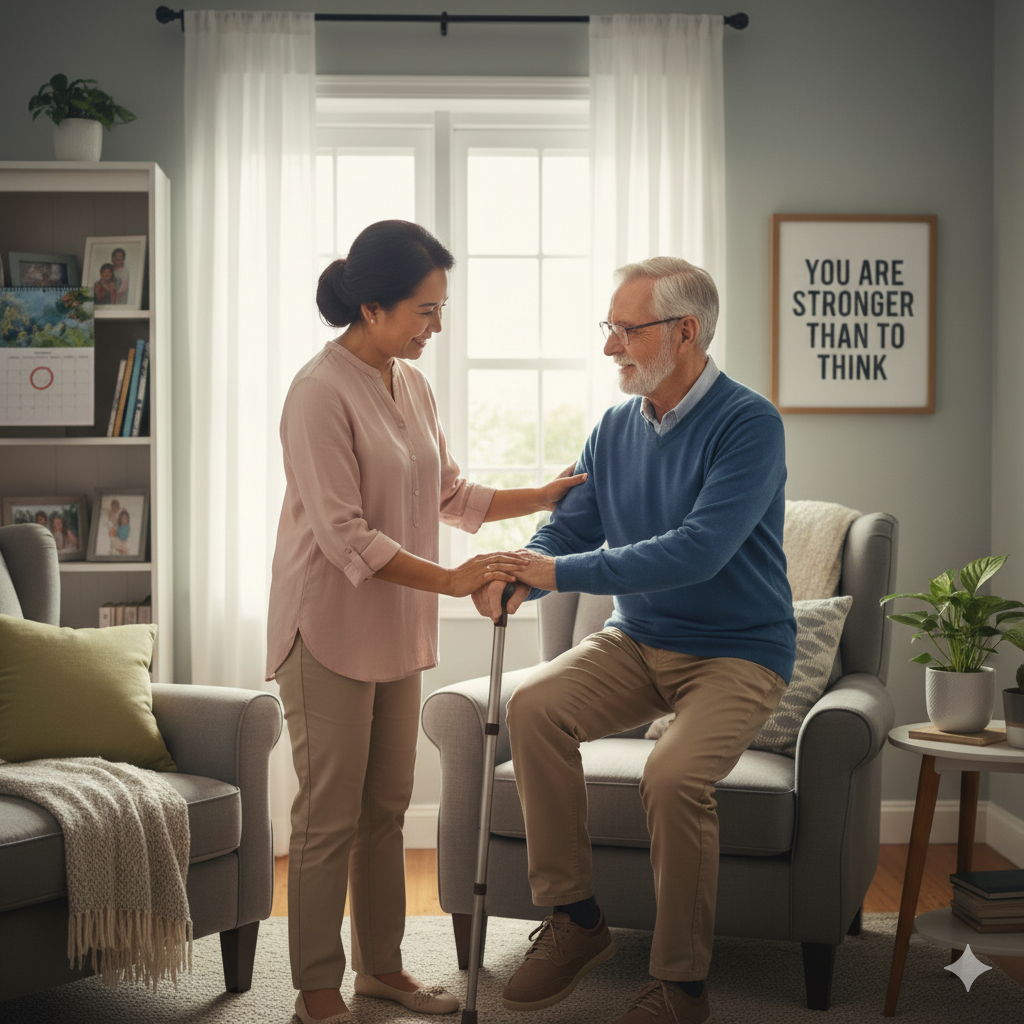

Being a care partner is a powerful act of love. It’s also one of the toughest roles you’ll ever take on. When someone you love is living with Parkinson’s, you’re not just watching their world change — your world changes too.
The good news? You don’t have to navigate it alone.
This guide is for the caregivers, spouses, children, siblings, and friends who show up daily. It’s packed with encouragement, practical advice, and maybe even a few moments of, "Yes, I’ve felt that too."
Living with Parkinson’s is frustrating. Some days feel like a win, and others feel like molasses. Empathy — the kind that listens without fixing — is a gift.
Ask questions. Listen fully. And don’t underestimate how much a patient hug or silly joke can uplift someone’s day.
Understanding Parkinson’s helps you understand what your loved one is going through. Learn about:
Pro tip: Share what you learn, but don’t become the “Parkinson’s Professor” — nobody wants a lecture.
Exercise is one of the best ways to manage symptoms, but motivation can be tough. Try:
Don’t say: “You should work out.”
Try: “Want to move with me for five minutes and see how it feels?”
You can’t pour from an empty cup. That’s not just a fridge magnet — it’s science.
Caregiver burnout is real. Protect your energy by:
And yes, it’s okay to feel overwhelmed, angry, or sad. Those feelings don’t make you a bad partner — they make you human.
Support can come from:
You don’t have to do this alone. Seriously.
Being a Parkinson’s care partner is hard. But it’s also beautiful. It’s a daily act of compassion, creativity, and strength.
Remember: your role matters. Your wellbeing matters. And you are doing better than you think.
So take a breath. Reach out. And give yourself the same care you give so freely to someone else.
You’ve got this — and we’ve got your back.

